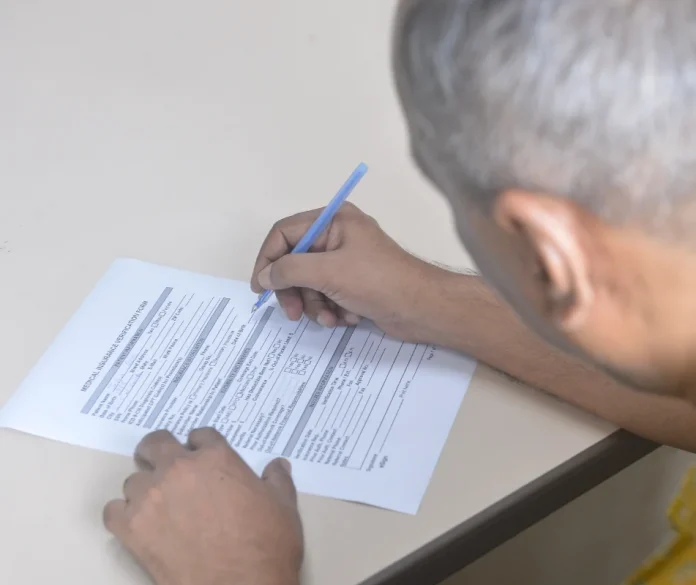Gap in healthcare poses social risk, fiscal burden: Specialist
PETALING JAYA: Universiti Malaysia Sarawak public health medicine specialist Dr Winnie Johnny said Malaysia is on the brink of a healthcare crisis as its ageing population faces escalating medical costs without adequate insurance protection, a situation that threatens to strain public finances and deepen household debt.
She said the lack of comprehensive health coverage for senior Malaysians poses not only a social risk but also a looming fiscal burden, with families and taxpayers ultimately shouldering the cost of care.
“Leaving old persons without proper coverage creates long-term fiscal strain.
“They often face complex illnesses, and the (resulting) expenses fall on taxpayers and families already burdened by medical debt.
“Some family members, especially women, leave the workforce to care for ageing relatives. This reduces household productivity and national tax revenue.”
The Malaysia National Health Accounts 2022 show 37.2 % of total health expenditure is paid out of pocket, underscoring the scale of the uninsured burden among Malaysians.
She added that with Malaysia set to become an ageing nation by 2030, in which 15% of its population would be aged 60 and above, fiscal pressures would only intensify, leading to heavier public subsidies, higher personal spending and a shrinking workforce to sustain the economy.
She also said Malaysia’s medical inflation hit 15% in 2024, surpassing the global and Asia-Pacific averages of about 10%, driven by the rising cost of imported equipment, new drugs, advanced treatments and private hospital charges.
“As costs rise, insurers respond by increasing premiums, tightening coverage limits or introducing co-payments to remain solvent.
“But when premiums outpace income growth, it weakens risk pooling and makes insurance less affordable for everyone, especially seniors.”
Winnie said Malaysia could draw lessons from countries that have adopted integrated or subsidised elderly insurance systems.
“In Japan, a mandatory long-term care insurance scheme, jointly funded by taxes and contributions from those aged 40 and above, provides stable funding and broad access to elderly care.
“Singapore combines compulsory health savings through MediSave with government-backed insurance such as MediShield Life and CareShield Life, ensuring sustainable coverage with manageable costs.
“Meanwhile, Thailand’s universal health coverage guarantees essential services for old persons, particularly in rural areas.”
She proposed a hybrid model for Malaysia that blends public funding, mandatory savings and targeted subsidies to ensure inclusive and financially sustainable protection for the ageing population.
She added that the elderly should be recognised as a protected group in health financing, much like the support of the government for the B40 community.
“Old people face higher medical costs, limited income and fewer work opportunities, making them highly vulnerable to catastrophic health spending.”
She recommended premium or co-payment subsidies for low and middle-income seniors, expanding on initiatives such as the PeKa B40 programme or Sarawak’s Senior Citizen Health Benefit, which provides RM500 annually to citizens aged 60 and above with household incomes below RM7,000.
She also suggested a universal health protection scheme with automatic enrolment at retirement age, regardless of income, to ensure no senior is left uninsured.
“Adopting age-sensitive insurance pooling, in which younger and healthier adults share costs with older members, could improve financial fairness,” she said, adding that Malaysia must invest more in community and home care services to reduce hospital dependence and improve access in rural areas.
Winnie urged policymakers and regulators to act decisively to ensure Malaysia’s growing “silver economy” benefits its ageing citizens.
She called on Bank Negara Malaysia and relevant ministries to push for affordable senior health plans and encourage insurers to design age-friendly products with capped premiums, simpler benefits and community-based coverage.
“Targeted subsidies, shared-risk pools and tax incentives could make insurance affordable while easing pressure on families and caregivers.”
She also called for stronger enforcement of transparent pricing standards in private hospitals to curb excessive medical cost inflation.
“If we do not act now, the gap between healthcare needs and financial protection would only widen.
“Ageing Malaysians deserve dignity and security, not exclusion, in their later years.”








